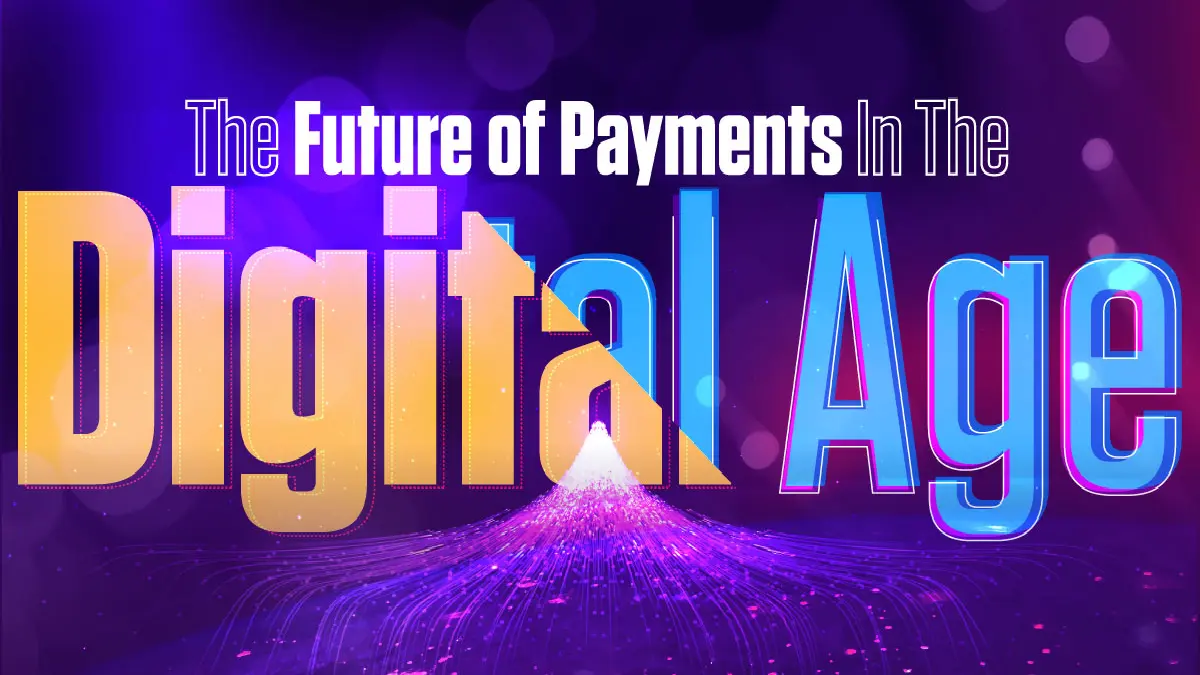
Introduction
In the ever-evolving landscape of financial technology, the emergence of cryptocurrencies has catalyzed a transformation in how payments are processed. This shift, often called “cryptoprocessing,” leverages blockchain technology to enable secure and decentralized transactions. This article explores how cryptoprocessing is revolutionizing payments in the digital age.
The Genesis of Cryptocurrencies
Birth of Bitcoin
The advent of Bitcoin in 2009, conceived by an anonymous entity known as Satoshi Nakamoto, marked the inception of cryptocurrencies. It introduced the concept of a decentralized ledger powered by blockchain, which eliminated the need for intermediaries in financial transactions.
Proliferation of Altcoins
Following Bitcoin’s success, many alternative cryptocurrencies, or altcoins, emerged. Each introduced unique features, such as smart contracts (Ethereum), private transactions (Monero), and faster confirmation times (Litecoin), expanding the possibilities of digital transactions.
The Mechanics of Cryptoprocessing
Blockchain Technology
At the core of cryptoprocessing lies blockchain, a distributed ledger that records all transactions across a network of computers. This ledger is immutable, transparent, and resistant to fraud, providing a foundation for secure payments.
Decentralization and Security
Cryptoprocessing eliminates the need for centralized authorities like banks. Transactions are verified by a network of nodes, ensuring transparency and security. This decentralization also guards against single points of failure and potential cyberattacks.
Wallets and Private Keys
To engage in cryptoprocessing, individuals and businesses require digital wallets to store their cryptocurrencies. These wallets are protected by cryptographic keys, providing secure access to funds. Proper management of private keys is essential for safeguarding assets.
The Impact on Traditional Payment Systems
Speed and Accessibility
Cryptoprocessing drastically accelerates transaction times compared to traditional banking systems. Cross-border transactions that once took days can now be completed within minutes, making global commerce more efficient.
Reduced Transaction Costs
Traditional payment methods often involve fees for processing, currency conversion, and intermediaries. Cryptoprocessing minimizes these costs, particularly for international transfers, enabling more cost-effective transactions.
Financial Inclusion
Cryptoprocessing has the potential to provide financial services to the unbanked and underbanked populations. With internet access, individuals can participate in the global economy, bypassing the need for a traditional bank account.
Challenges and Considerations

Regulatory Environment
The regulatory landscape for cryptocurrencies is still evolving. Governments and financial institutions grapple with integrating these technologies while addressing money laundering, fraud, and consumer protection concerns.
Volatility
Cryptocurrencies are known for their price volatility. The value of a cryptocurrency can fluctuate dramatically over short periods, posing risks for both consumers and businesses.
Security Concerns
While blockchain technology is inherently secure, the surrounding infrastructure may not be. Hacks and cyberattacks on exchanges and wallets have raised questions about the overall security of the cryptoprocessing ecosystem.
Emerging Trends and Innovations
Stablecoins and Central Bank Digital Currencies (CBDCs)
Stablecoins pegged to stable assets like fiat currencies, aim to mitigate cryptocurrency volatility. Additionally, central banks are exploring the issuance of CBDCs, which could further legitimize digital currencies.
Non-Fungible Tokens (NFTs)
NFTs represent a unique form of digital ownership and have gained popularity in various industries, including art, gaming, and collectibles. They showcase the broader potential applications of blockchain technology beyond payments.
Conclusion
Cryptoprocessing stands at the forefront of a digital revolution in payments. Its integration of blockchain technology, decentralization, and enhanced security has the potential to reshape the financial landscape. While challenges persist, ongoing innovation and regulatory adaptation will play pivotal roles in determining the future trajectory of cryptoprocessing. As the digital age continues to unfold, the impact of cryptocurrencies on payments will only intensify, ushering in a new era of financial inclusivity and efficiency.
Read More
The Crypto Luxury Store: Enhancing Your Lifestyle Through Digital Wealth


2 thoughts on “In The Digital Age, Cryptoprocessing is Revolutionizing Payments”